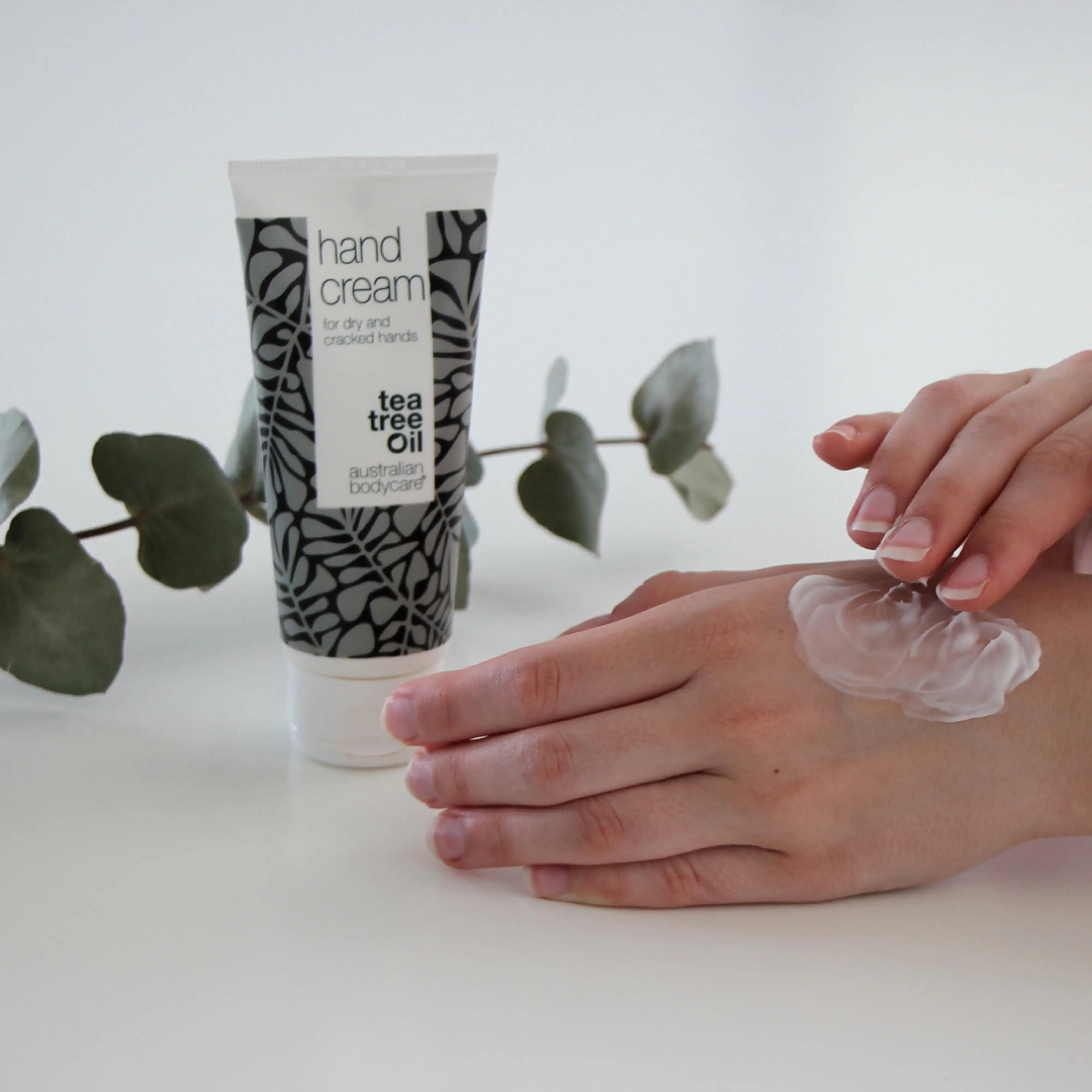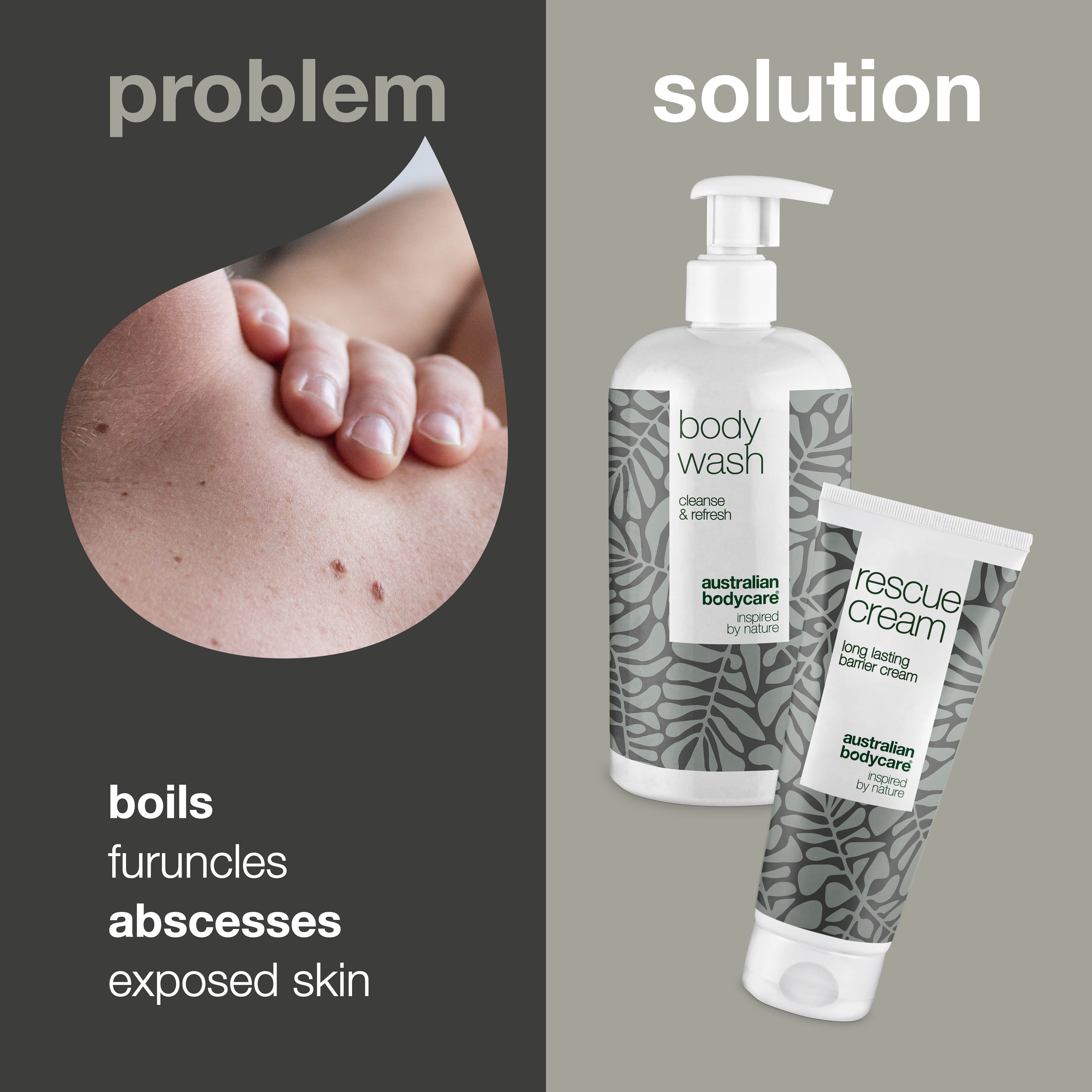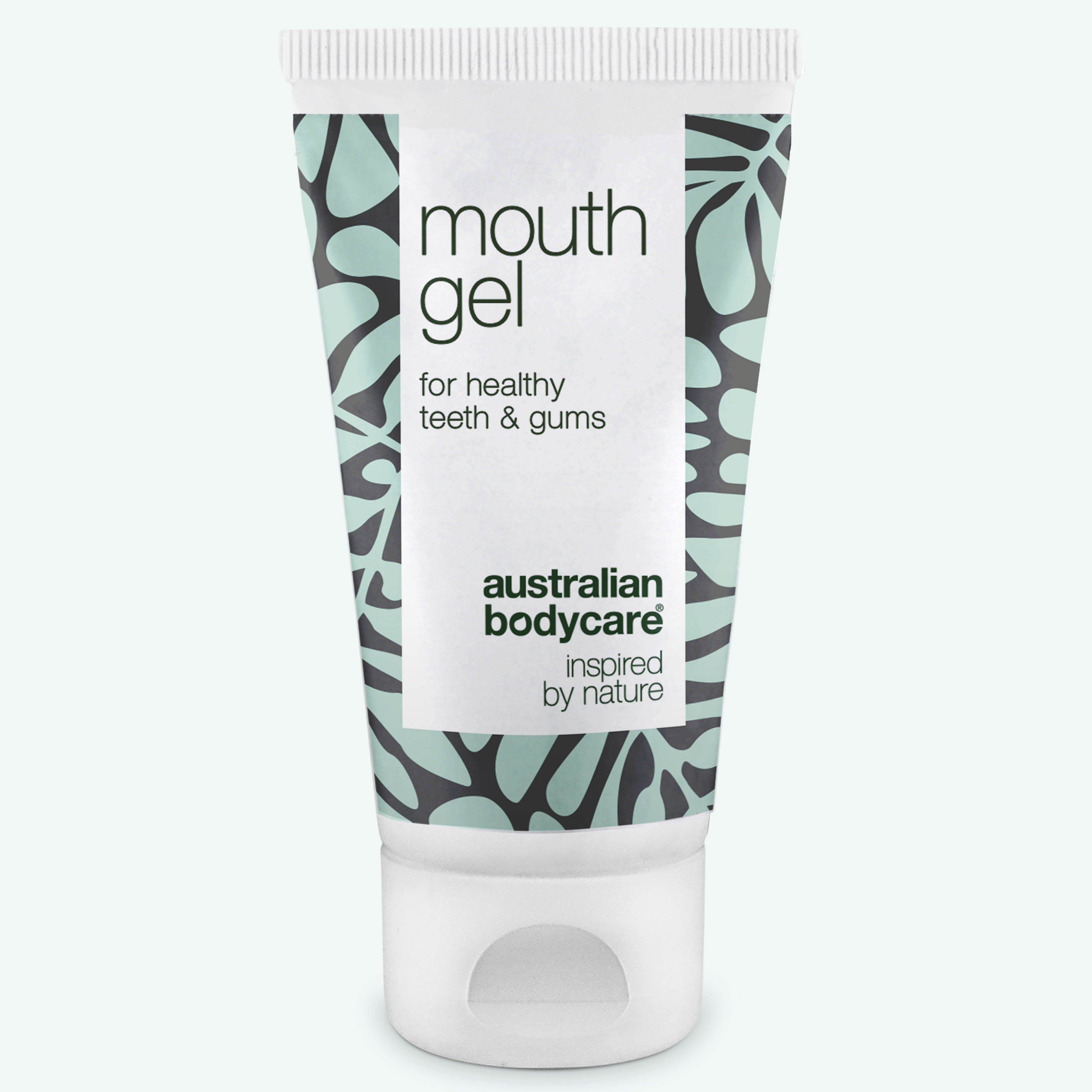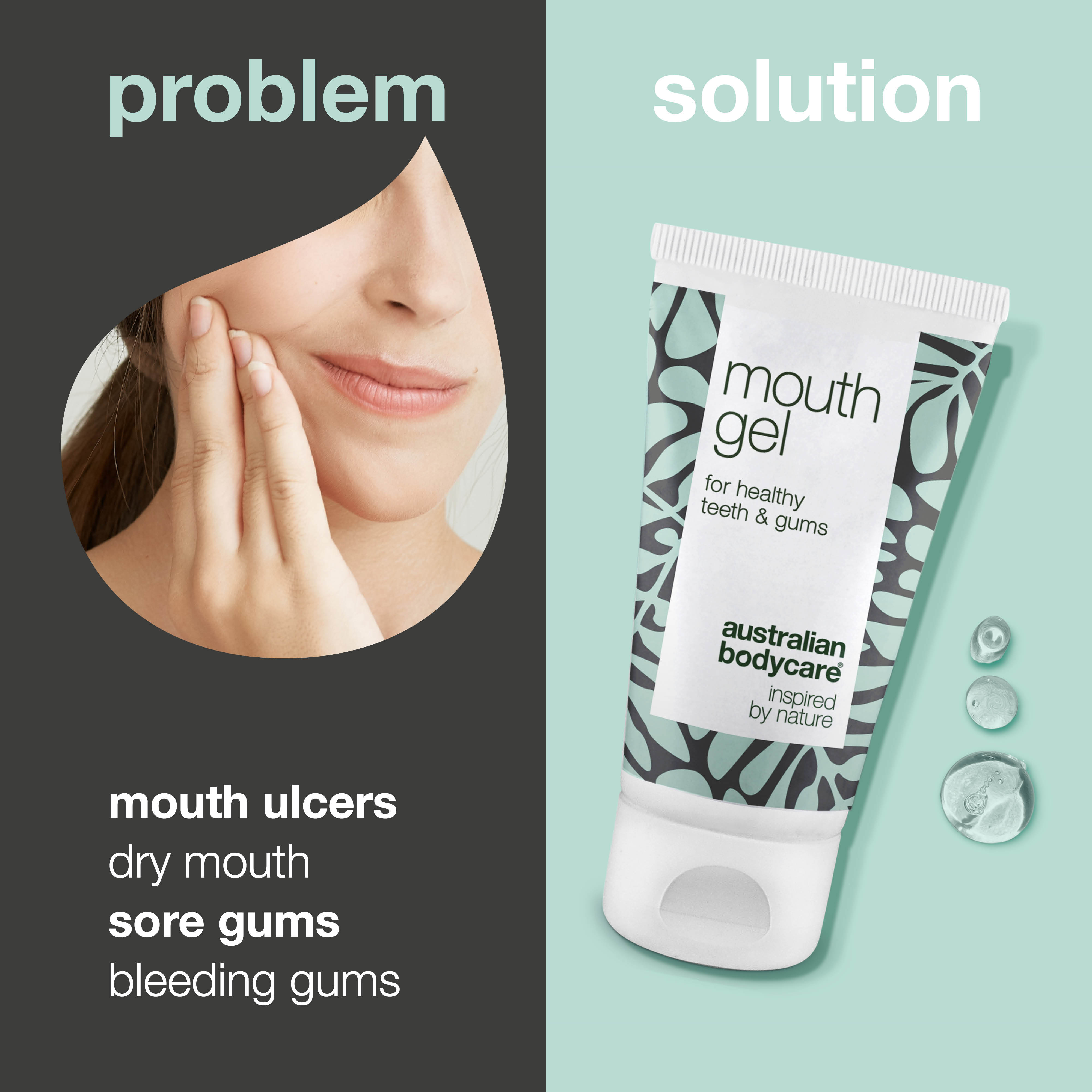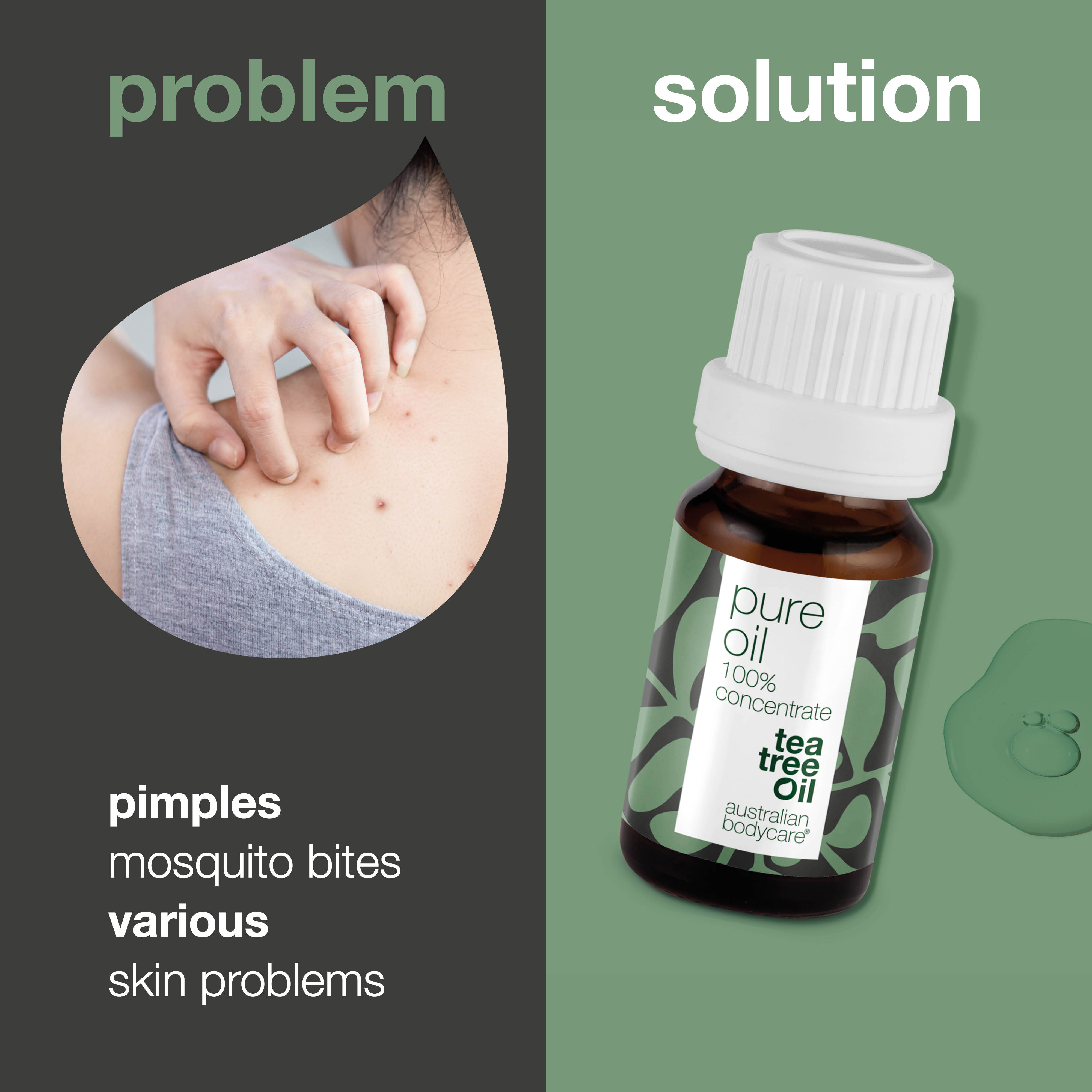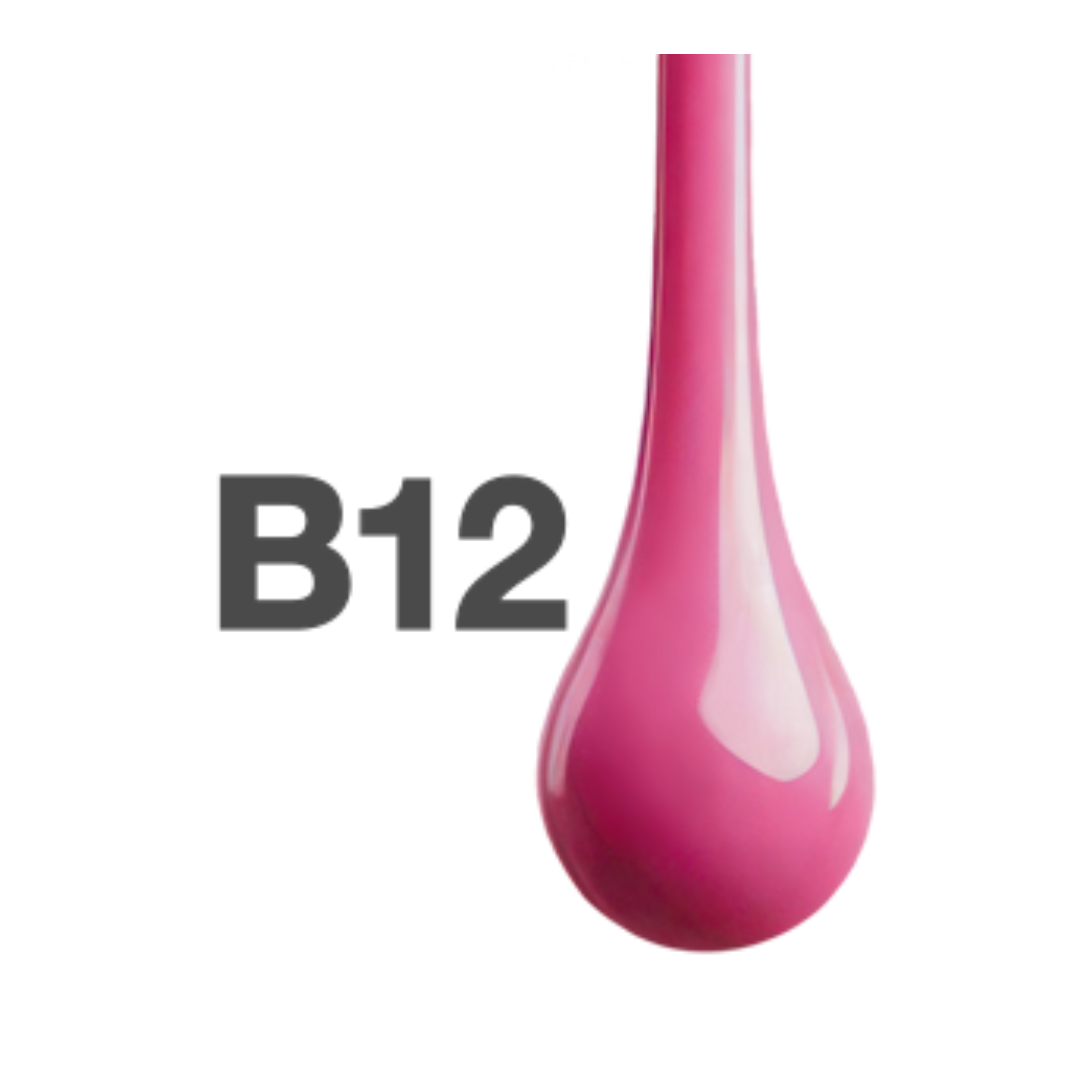Boils should be treated – read how here
Anyone can get a boil on any part of the body. Boils are normally harmless, but without treatment they can become dangerous. If you have a boil, therefore, it is important to keep a careful eye on it and make sure it gets the correct treatment.
Table of contents
What are boils – and who gets them?
Boils, also called abscesses, are limited collections of infected pus in a hollow space in the skin. They are tender and uncomfortable. They can occur anywhere on the body and affect anyone: young or old, women or men.
Most people will find they have a single small boil at one time or another in their lives. On the other hand, others often have large or small boils.
On the whole, a boil is harmless, but can develop into something dangerous. It is therefore important to keep a careful eye on a boil if you have one, and make sure to get the necessary treatment.
Boils can appear if bacteria penetrate the skin. It is therefore a question of avoiding cuts and scratches, or if you do get them, to keep them clean.
A boil may be uncomfortable and painful. Apart from that, it looks unpleasant, and most people are really annoyed if a boil appears in a visible place.
What do boils look like – and where can you get them?
Boils can appear anywhere on your body. They often sit under the skin, but they can form inside the body, in the abdomen, in the skull or the bones.
Here they are naturally more difficult to discover, and will therefore be revealed by symptoms such as shivering, fever and so on.
A skin boil will often start as a small red spot with infection in the skin. As the boil develops, the typical symptoms will appear: tenderness, pain, it will be hot, red and swollen, and may cause fever.
In the worst cases a boil may also lead to blood poisoning, which is an infection in a lymph node, because the infection has spread to the blood.
Can boils be dangerous?
If you have a boil and feel shivery, have a rapid pulse or fever or other violent symptoms, you should always call a doctor immediately. The symptoms are signs that the abscess has developed and bacteria may have spread further.
In healthy people a boil is not normally dangerous if it is small, and does not spread. For those with a weakened immune system, however, or diabetes, even a small boil is more serious, because the infection in the body can be a risk for them.
Boils can be dangerous for everyone if the bacteria spread and perhaps lead to blood poisoning. Bacteria can also spread to the bones or to organs such as the lungs, heart or brain, and then develop in a way that can be life-threatening.
In short, bacteria and boils should never be ignored or treated lightly.
Skin boils
The great majority of boils are seen in the skin on various part of the body. They often appear on the hands, which have been in contact with many different things in the course of a day.
Most people have had a whitlow, which is in fact a small boil or infection at the base of the nail. A spot can also develop into an actual boil.
Skin boils are also called furuncles, and a group of several furuncles is called a carbuncle.
If you find a lump on your scalp, it will often be a sebaceous cyst, also called an atheroma or pilar cyst.
This is not a boil, but a harmless cyst, formed because of a clogged sebaceous gland and filled with accumulated sebum and skin cells which have been shed.
Boils in the throat
A boil in the throat or peritonsillar abscess is rare, but may occur after a throat infection with a streptococcus bacteria. A boil in the throat occurs if infection from the tonsils spreads to the tissue around them.
Boils in the mouth and teeth
A dental abscess or an abscess in the mouth can affect anyone, regardless of how well they care for their teeth. A dental abscess will often puncture by itself, but it is important to find what caused it, or it is likely to recur. It may also be necessary to have the abscess punctured by a dentist.
If there are spots or similar in the mouth or on the tongue, these will usually be blisters or ulcers, not boils.
Boils in the armpit
Boils in the armpit are caused by clogging of certain glands which secrete a scent. If the boils are opened and drained, scar tissue will form. The solution is often to remove the boils surgically, and possibly remove the whole glandular area. Boils in the armpit are also called hidradenitis.
Boils in the groin
Boils in the groin are very painful, and unfortunately not uncommon. They often occur in an infected hair follicle or in a spot. They can be caused, for example, by ingrown hair.
If you shave the intimate area in the groin, you will be extra liable to get boils, and you should therefore take great care with hygiene and to avoid ingrown hairs in connection with intimate shaving.
It is important to use the right products for ingrown hairs.
Boils between the buttocks and by the anus
A boil between the buttocks is also called a pilonidal cyst or a sacral cyst, and a boil near the anus is called an anal abscess. Boils between the buttocks are usually seen in young men, and typically arise in a hair follicle.
Boils near the anus are usually caused by an infection with bacteria under the skin.
Read more about treatment of anal itch here.
Why do people get boils?
Boils are tender and painful accumulations of infected pus, which consists of dead white blood cells, dead and living bacteria, dead tissues and a number of chemical substances.
Bacteria are the most frequent cause of boils. Amongst these bacteria, the most frequent cause of the problem is the yellow staphylococcus. Viruses and parasites can also cause boils.
Staphylococci are frequently found in the nose, and thus easily get onto the fingers. In that way the bacteria can easily be transferred to a wound or scratch or spread by eczema.
Friction between the skin and for example the edge of underpants, causing a small scratch in the skin, is often an entry point for bacteria.
Good hygiene, and especially good hand hygiene, is the most important way to avoid infection.
TIP: Body wash from Australian Bodycare with Tea Tree Oil has an antiseptic effect and helps to combat bacteria. Body Wash with Tea Tree Oil keeps the skin free of bacteria and can be used for boils.
The barrier cream can be applied carefully to boils to protect them against bacteria and external irritation.
How does a boil arise?
It is normally difficult for bacteria to penetrate the skin. However, if there is a cut or wound, bacteria can get in that way.
A hair follicle is also a way by which bacterial can get under the skin. If there is infection in one part of the body, bacteria can be carried by the blood to other parts of the body.
That is why it is important to treat bacteria in the body.
When they penetrate into the body, immune cells are sent to the area to fight the bacteria. In the battle between immune cells and bacteria, some of the tissue dies around the affected area.
This creates a hollow space, which fills up with infected material, and the boil forms.
When the cells and bacteria die inside the hollow space, the pressure builds up, and pus tries to escape. If the boil is ruptured, the pus oozes out, and the bacteria can then spread to other areas.
What can I do myself about boils?
If you tend to get boils easily, it is worth considering what you can do to prevent them. You can wash once a week with chlorhexidine, which is a disinfectant and kills bacteria. You can also use a natural remedy such as Tea Tree Oil.
If you are generally healthy and discover that a small boil is building up, you can wash the area in warm, soapy water or use a disinfectant and then take care to keep the infected area clean. Often the boil will then disappear of its own accord. However, if you have a temperature or other forms of discomfort, then of course, you should see a doctor immediately, because it may mean that the boil has developed in a way that needs treatment.
It may be tempting to try and press the boil out. You should not do that, however, because you then risk that the boil can spread to another area, and new boils may form there. In that connection there is also a risk of blood poisoning, because the infection can spread to the blood.
Prevention is important
The most important way you can prevent boils yourself is by good hygiene, and not least good hand hygiene. That way you do not transfer infection easily from one place to another. Think about hygiene when shaving and intimate shaving too. Remember to use a cream or antibacterial aftershave after shaving.
If you have a strong immune response, you will not be receptive to bacterial and boils. It is therefore a good idea to strengthen your immune response by living and eating healthily, taking exercise and avoiding stress.
How can boils be treated?
In some cases the infection in a boil can work its way up to the surface, where the boil will rupture and empty, and then it will heal by itself. It is far from certain that this will happen, and it is very important to keep an eye on a boil if you have one.
If a boil is simply ignored, there is a risk that it will penetrate into other organs, where it can cause considerable harm. For example, if a boil presses on a bone and spreads to the bone, it can cause osteitis. The bacteria from the boil can also spread through the body via the blood.
Anyone with a weakened immune response or diabetes should react sooner to a boil than people in good health.
For those with diabetes or a weakened immune response, infection in the body is far more dangerous than it is for other people.
Treating a small boil
If the boil is small, and you are generally healthy, you can choose to wait for a while to see whether the boil will drain itself. Meanwhile, you should keep the area clean, so that the infection does not spread. When the boil has ruptured and the pus has run out, it will be less painful, and the skin will soon heal. Carry on keeping the area clean all the same.
Treating a larger boil
The usual treatment for a larger boil is to open the boil with a tiny cut and drain out the fluid. If a boil is more serious, it may be necessary to remove it surgically (with local anaesthetic or full anaesthetic). After the procedure the doctor will cleanse the area and remove dead tissue.
For a few days the dressing will be changed every day, and then the wound will be allowed to heal from the base. The doctor may decide to close the wound with stitches instead.
Boils will rarely be treated with antibiotics alone. Often it is not very effective, because the antibiotics cannot penetrate into the boil.
However, treatment of a boil in the throat will often involve antibiotics to stop the infection. It may be necessary to empty the boil by pricking a hole in it. In the case of a dental abscess it may be necessary for the dentist to prick a hole in it, so that the pus can escape.
FAQ about boils
What causes boils?
Boils form because bacteria penetrate under the skin, where an accumulation of pus forms in a hollow space under the skin.
What helps against boils?
If a boil is small, you can often cleanse it yourself and keep it clean until it empties by itself and disappears. You can use a disinfectant or bactericidal product on the boil. Larger and more serious boils should be removed by a doctor.
Can boils clear up by themselves?
Small boils can in many cases clear up by themselves. Keep the area clean, however, so that the bacteria do not spread. It may be dangerous to wait for a boil to clear up by itself, as it may develop into something dangerous instead. It is advisable, therefore, to get treatment for boils.
Can boils be dangerous?
Boils are not normally dangerous, but they can develop into something dangerous if bacteria from a boil spread in the blood or to organs in the body.
Does stress lead to boils?
Being under stress affects the immune response and you are less resistant. When the immune response is weakened, there is a greater risk of many different diseases and ailments, and also for bacteria. So it may be easier to get boils if you are under stress.
Should you see a doctor about boils?
If you are generally healthy and have a small boil, you need not see a doctor immediately. However, if you have a boil and also have a weakened immune response or diabetes, or you have symptoms such as fever, feeling shivery or unwell, you should see a doctor immediately.

